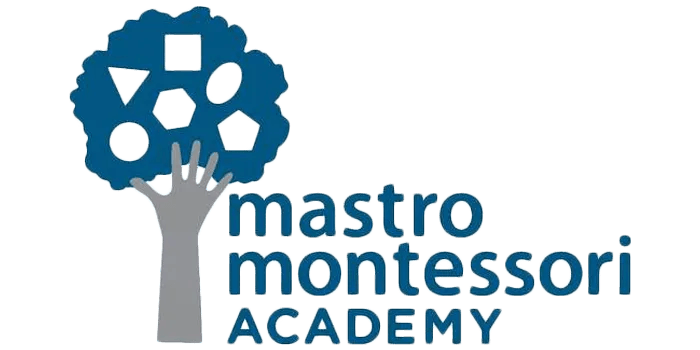FAQs
-
Is Every Montessori School the Same?
Montessori schools are all independent from one another. The difference is in the teacher training and certification of the school. Here at Mastro Montessori, our teachers are all trained by AMI (Association Montessori International). AMI was founded by Dr. Montessori many years ago to protect the integrity of her work. Mastro Montessori Academy is the only Montessori school in Monmouth County to receive the highest recognition status for the Montessori program granted by AMI.
-
Why Do Montessori Classes Group Different Age Levels Together?
When younger children enter the classroom they have the opportunity to observe older children. The older children serve as role models and mentors for the younger children. We look at the classroom as an extension of their home, where children respect one another and exhibit the grace, courtesy, and social skills to build a strong, stable community.
-
Why Do Montessori Classes Tend To Be Larger than Those Found in Many Other Schools?
Montessori classes are commonly larger as they include children covering at least a three-year age span. This is because often the best teacher of a four-year-old is an older child. This process is good for both the older child (the role model) and the younger child. In a Montessori classroom, the teacher is not the primary focus; the larger group size encourages the children to learn from each other.
-
Why Do Most Montessori Schools Ask Young Children to Attend Five Days a Week?
Children need consistency, order, and empowerment. A five-day a week program creates the consistency that is so important to young children and is essential in developing a strong sense of security.
-
Why Do Most Montessori Schools Want Children to Enter at Age Three or Younger?
Learning that takes place during the early childhood years comes spontaneously without effort. The Montessori experience seems to work best when children enter a Montessori program at age two or younger and stay at least through the kindergarten year.
Children entering at age four or five do not consistently come to the end of the three-year cycle having developed the same skills, work habits, or values.
-
Do Children Who Enroll in the Toddler Community (15 months to 3 years) Have to Stay for the Primary Program (3-6 years)?
Admission to the Toddler community requires a commitment from parents to enroll their child in the Primary program through the kindergarten year. This allows our teachers to work with a child during all sensitive periods of development and demonstrates a family’s commitment to the Montessori method. It also allows children to truly blossom as their growth and learning come to fruition in the primary final year of kindergarten.
-
How Can Montessori Teachers Meet the Needs of So Many Different Children?
Great teachers help learners get to the point where their minds and hearts are open, leaving them ready to learn. In effective schools, students are not so much motivated by getting good grades as they are by a basic love of learning. As parents know their own children’s learning styles and temperaments, teachers, too, develop this sense of each child’s uniqueness by spending a number of years with the students and their parents.
-
Is There Much Teacher Turnover?
Our teachers truly enjoy working here, and most stay with us for significant portions of their careers. What little turnover we have is the result of life transitions such as having babies, moving out of the area, or retirement. Together, the faculty has over 80 years of experience teaching at the academy.
-
Why Is a Montessori Classroom Called a “Prepared Environment?”
The Prepared Environment is unique to the Montessori Method of Education. The calm, well-ordered environment allows for movement and activity and facilitates independent learning and exploration. Here, children experience a combination of freedom and self-discipline, as guided by this rich environment. Uncluttered and well maintained, the environment is both beautiful and inviting.
The Prepared Environment is designed to meet the needs of each individual child at different stages of development. The child-sized furniture, shelves and materials allow the children opportunity to do for themselves what otherwise would only be accomplished with the aid of an adult.
-
Will My Child Be Able to Adjust to Traditional Public or Private Schools After Montessori?
Generally speaking, most children adapt to their new school fairly quickly, making new friends, and building upon the work they started at Montessori. Our teachers love to hear from alumni. They will continue to offer guidance after the initial transition.
The Vincent S. Mastro Montessori Academy is a 501 (c) (3) nonprofit, nonsectarian school admitting students of any race, color, national and ethnic origin to all rights, privileges, programs, and activities generally accorded or made available to students at the school. It does not discriminate on the basis of race, color, gender, national or ethnic origin in administration of its admission policies, educational policies, or school-administered programs. Reasonable accommodation that does not alter the fundamental nature of our programs or create undue burden is made for students with disabilities.
Mastro Montessori Academy


